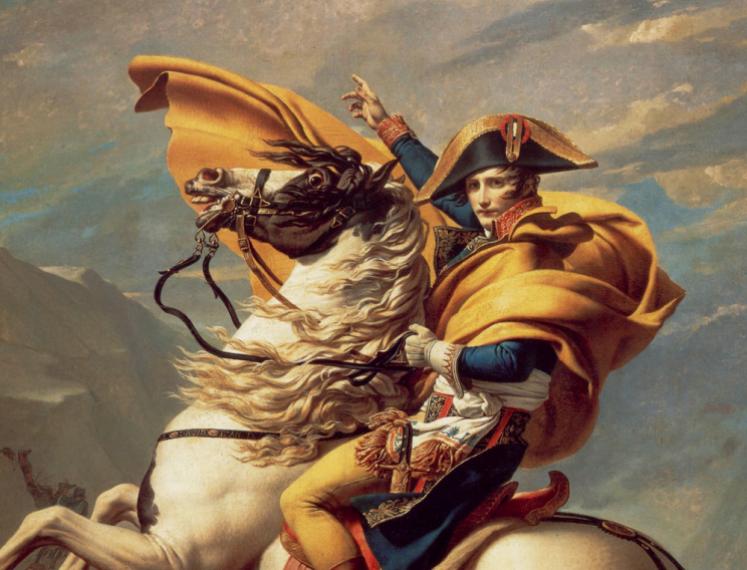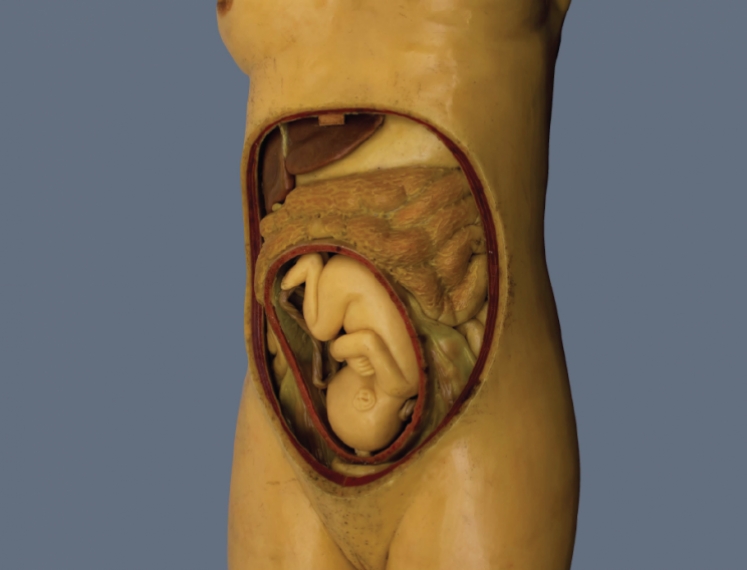
Academy Building
Broerstraat 5
Groningen
Nederland
Napoleon, the Man Behind the Myth
More has been written about Napoleon than about any other man - most of it fantasy inspired by national or ideological narratives. Historical Journal Groniek and Studium Generale have collaborated to organize the lecture "Napoleon, the Man Behind the Myth" by the notable historian Adam Zamoyski. Zamoyski dismisses the myths that have grown over the centuries, the anecdotes often presented as 'facts', and the value judgments about his supposed lust for power, overweening ambition and callous warmongering. He examines what drove and enabled this boy from an island backwater to be embraced as a messiah by the most progressive society in Europe and to become the most powerful man in modern history. He and is generation were inspired by a complex cultural dynamic which encouraged them to believe that nothing was impossible, and he was the catalyst for an ideological project to create a new France and a new world order. But it is important to remember that he never ceased to be a man, and in many ways a very ordinary one, whose flaws and fears help to explain where it all went wrong.
Adam Zamoyski is a British historian of Polish origin. He is the author of the best-selling 1812. Napoleon’s Fatal March on Moscow and its sequel Rites of Peace. The Fall of Napoleon and the Congress of Vienna, as well as several other acclaimed works on key figures and aspects of European history. Last year, he published the biography Napoleon. The Man Behind the Myth. His books have been translated into Russian, Chinese, Japanese and Persian as well as most of the European languages, including Dutch. Zamoyski has also contributed to all the major British papers and periodicals, as well as lecturing widely in England, Europe and the United States.
This lecture is organised in collaboration with Groniek.

